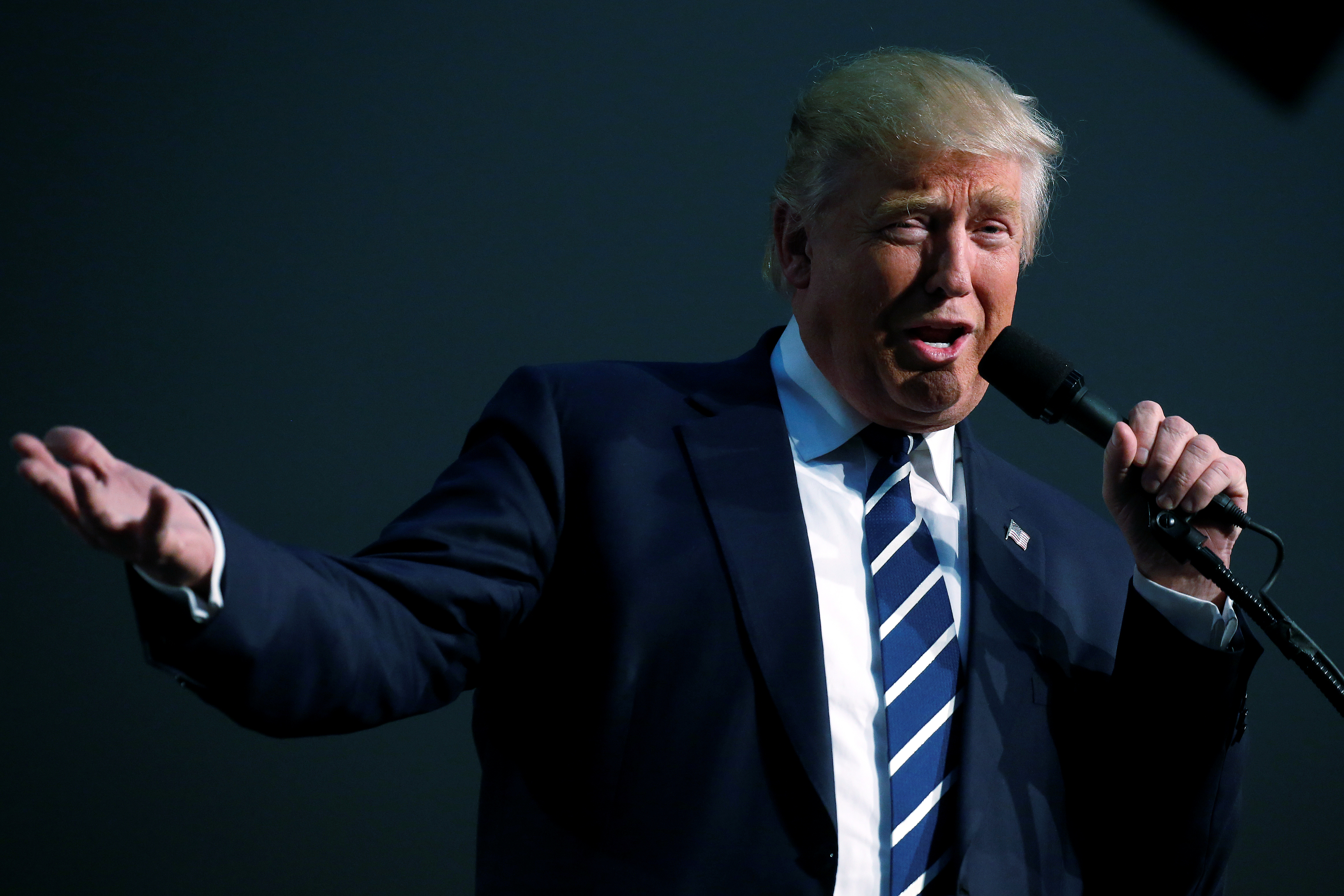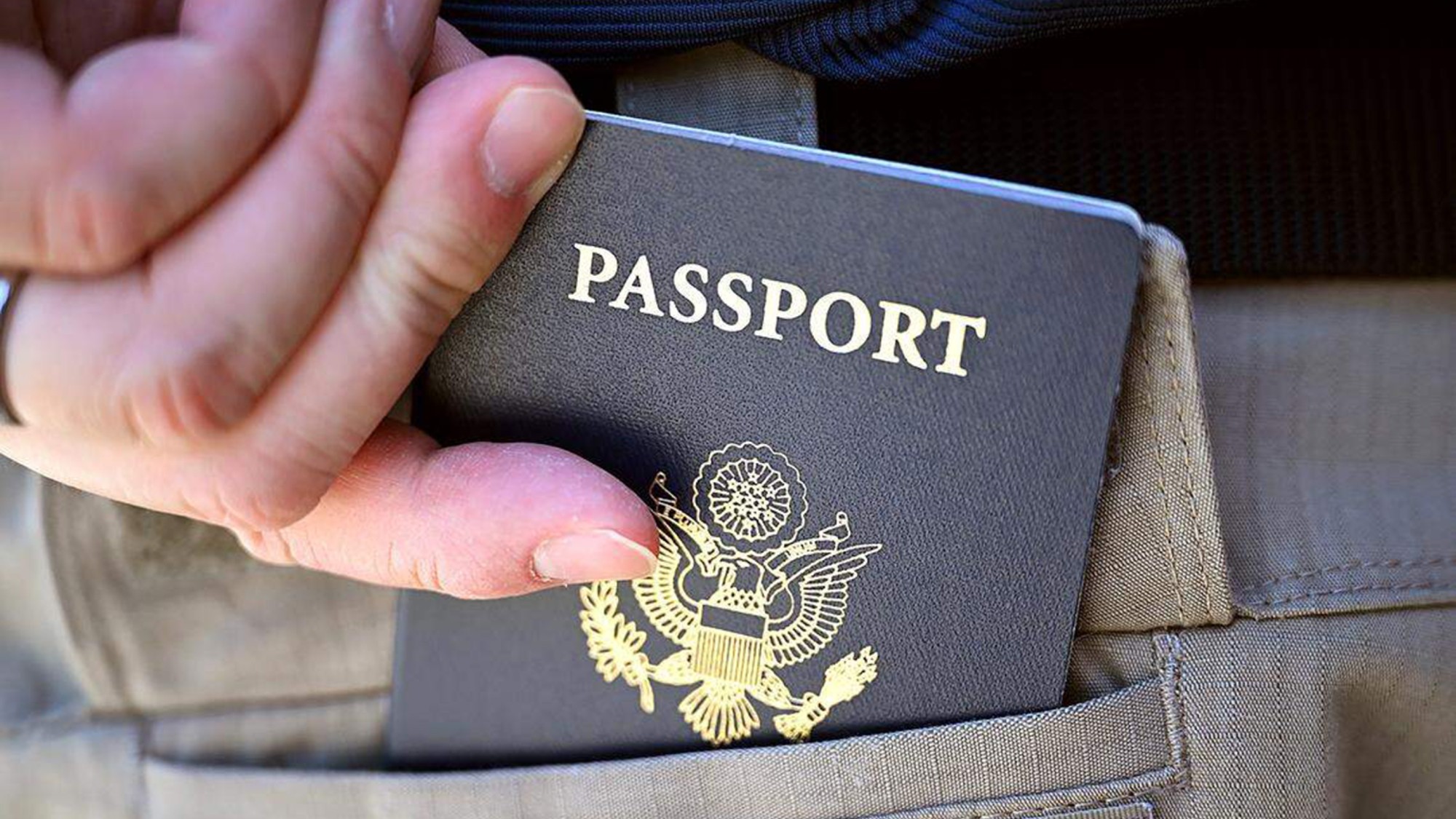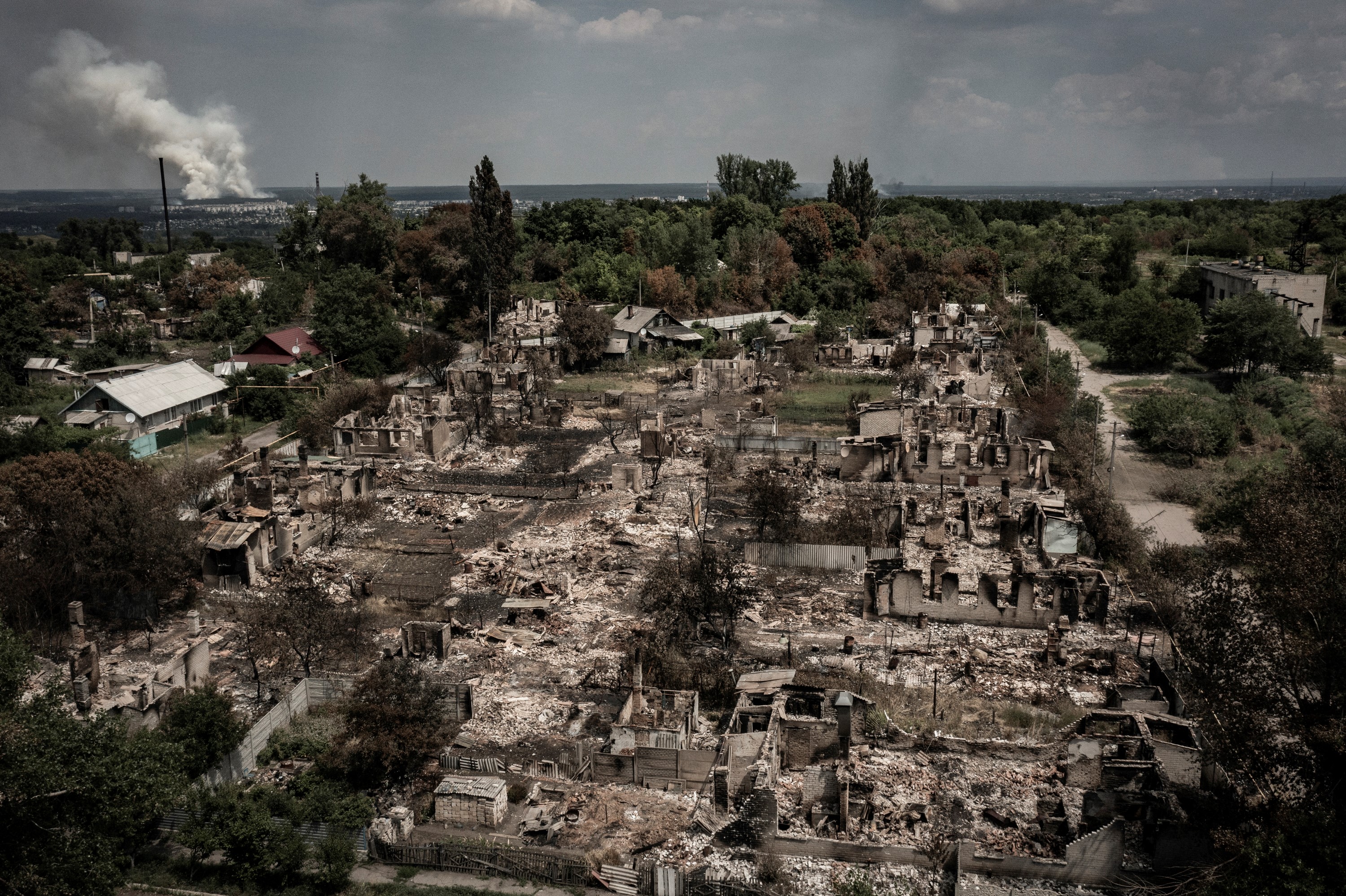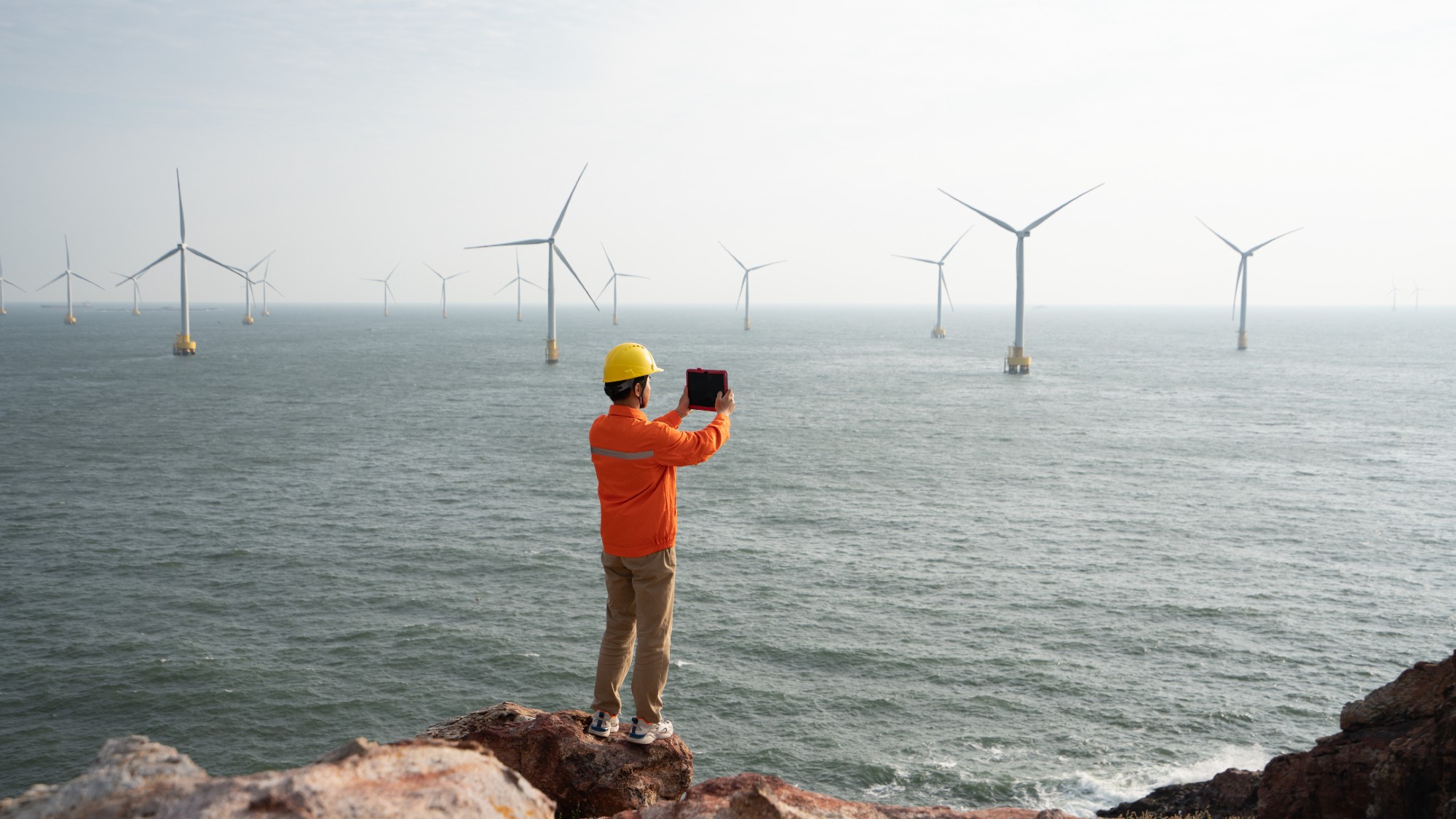Donald Trump, the all-knowing know-nothing
We're about to find out what it's like to have a president who thinks he knows everything, even as he declares war on knowledge itself


As the noted philosopher Donald Rumsfeld said, there are known unknowns (the things you know you don't know) and unknown unknowns (the things you don't know you don't know). When the former secretary of defense issued those words of wisdom just before the Iraq War, the phrase was remarkable not just for its pithiness but because it seemed unusually thoughtful for an administration about to embark on the greatest catastrophe in American foreign policy history, largely because of what it thought it knew but actually didn't.
Today we stand on the verge of a new presidency, one that has a complex and, to be frank, rather appalling relationship to knowledge and certainty. The implications are deeply troubling.
In Donald Trump, we may never have seen a political figure who more easily blended his own certainty with a contempt for the knowledge of others and the belief that knowledge itself is largely irrelevant to making vital decisions. It may have had a rational basis for a candidate running with zero relevant experience, but throughout the campaign, Trump poured contempt on the idea that knowing about things like policy and how government works might be useful for a president. "I know more about ISIS than the generals do, believe me," he said. He didn't need to seek counsel on foreign affairs because "I have a very good brain and I've said a lot of things." And in an interview on Sunday, he said he isn't bothering to receive daily intelligence briefings like previous presidents did, because "I'm, like, a smart person."
The Week
Escape your echo chamber. Get the facts behind the news, plus analysis from multiple perspectives.

Sign up for The Week's Free Newsletters
From our morning news briefing to a weekly Good News Newsletter, get the best of The Week delivered directly to your inbox.
From our morning news briefing to a weekly Good News Newsletter, get the best of The Week delivered directly to your inbox.
So Trump knows all. Yet at the same time, he tries to convince the public that there's almost no such thing as truth. He lies constantly, of course, dismissing any evidence contrary to the position he's taking at a particular moment as nothing but the product of dishonest media or his partisan opponents. He'll even say something, then tell you he never said it. Simultaneously, he tries to convince the public that we live in a land of the unknowable. Did Russia hack Democratic email accounts for the purpose of helping him get elected? "There's great confusion. Nobody really knows," he says. What about climate change? "I'm still open minded. Nobody really knows."
As Trump's subjects we may be stumbling through this fog of unknowing, but he himself is absolutely convinced that his own knowledge and wisdom is perfect, and no one has anything to teach him no matter how much expertise they might claim to have.
This probably has something to do with Trump's embrace of conspiracy theories. Over the course of the campaign and for years before, Trump publicly toyed with literally dozens of insane conspiracy theories, from birtherism to the Clintons killing Vince Foster to Ted Cruz's dad killing JFK to climate change being a hoax invented by the Chinese to the idea that the IRS was auditing him because "I'm a strong Christian." The hallmark of the conspiracy theorist is his belief that while others are being duped, he possesses the real and true information. He alone grasps the hidden structures of power and influence. That's the great attraction of conspiracy theorizing: It convinces you that nobody else gets it, they're all naïve sheep, but you are the one who truly understands the world as it is.
Perhaps Trump is rejecting the intelligence briefings because what the analysts tell him is too mundane. You'd think that like previous presidents he'd be eager to learn what's really going on, and what the classified information to which he never had access before might tell him. But maybe he was disappointed to learn that George Soros is not in fact holed up in a hollow mountain lair with other members of the global conspiracy working on a death ray with which they'll blackmail the world.
A free daily email with the biggest news stories of the day – and the best features from TheWeek.com
Trump is surrounding himself with those of a similar mind. His pick for national security adviser, Michael Flynn, has spread rumors that Hillary Clinton is involved in a pedophile sex ring, that Sharia law is taking over America, and that Clinton's campaign chairman John Podesta participates in Satanic rituals. And over the weekend, John Bolton — rumored to be up for the number 2 spot in the State Department — said that contrary to what intelligence agencies had concluded, maybe it wasn't even Russia that did the hacking. "It is not at all clear to me just viewing this from the outside, that this hacking into the DNC and the RNC computers was not a false flag," he told Fox News. Could it have been not the Russians at all but another country, or even the Obama administration itself, that did the hacking in order to blame Russia? Who knows.
This is shaping up to be a president and an administration that not only thinks they know what they don't actually know, but won't accept what they ought to know. And the contrast with the president Trump is replacing could hardly be more stark. One of Barack Obama's most important intellectual traits is his high tolerance for ambiguity and uncertainty. Unlike some of his predecessors, Obama is eager to admit that there are some things we struggle to predict, that we might be wrong, and that our decisions could produce unintended consequences. He'll be bookended by two presidents — George W. Bush and Donald Trump — who divided the world into black and white, good guys and bad guys, without entertaining the possibility that there are important shades of grey and things might not work out like we planned.
One could argue that at times Obama was too cautious, too concerned with what he didn't know or could not be known. But now we'll find out what it's like to have a president who thinks he knows everything, even as he knows almost nothing.
Paul Waldman is a senior writer with The American Prospect magazine and a blogger for The Washington Post. His writing has appeared in dozens of newspapers, magazines, and web sites, and he is the author or co-author of four books on media and politics.
-
 US citizens are carrying passports amid ICE fears
US citizens are carrying passports amid ICE fearsThe Explainer ‘You do what you have to do to avoid problems,’ one person told The Guardian
-
 All roads to Ukraine-Russia peace run through Donetsk
All roads to Ukraine-Russia peace run through DonetskIN THE SPOTLIGHT Volodymyr Zelenskyy is floating a major concession on one of the thorniest issues in the complex negotiations between Ukraine and Russia
-
 Why is Trump killing off clean energy?
Why is Trump killing off clean energy?Today's Big Question The president halts offshore wind farm construction
-
 Bari Weiss’ ‘60 Minutes’ scandal is about more than one report
Bari Weiss’ ‘60 Minutes’ scandal is about more than one reportIN THE SPOTLIGHT By blocking an approved segment on a controversial prison holding US deportees in El Salvador, the editor-in-chief of CBS News has become the main story
-
 Has Zohran Mamdani shown the Democrats how to win again?
Has Zohran Mamdani shown the Democrats how to win again?Today’s Big Question New York City mayoral election touted as victory for left-wing populists but moderate centrist wins elsewhere present more complex path for Democratic Party
-
 Millions turn out for anti-Trump ‘No Kings’ rallies
Millions turn out for anti-Trump ‘No Kings’ ralliesSpeed Read An estimated 7 million people participated, 2 million more than at the first ‘No Kings’ protest in June
-
 Ghislaine Maxwell: angling for a Trump pardon
Ghislaine Maxwell: angling for a Trump pardonTalking Point Convicted sex trafficker's testimony could shed new light on president's links to Jeffrey Epstein
-
 The last words and final moments of 40 presidents
The last words and final moments of 40 presidentsThe Explainer Some are eloquent quotes worthy of the holders of the highest office in the nation, and others... aren't
-
 The JFK files: the truth at last?
The JFK files: the truth at last?In The Spotlight More than 64,000 previously classified documents relating the 1963 assassination of John F. Kennedy have been released by the Trump administration
-
 'Seriously, not literally': how should the world take Donald Trump?
'Seriously, not literally': how should the world take Donald Trump?Today's big question White House rhetoric and reality look likely to become increasingly blurred
-
 Will Trump's 'madman' strategy pay off?
Will Trump's 'madman' strategy pay off?Today's Big Question Incoming US president likes to seem unpredictable but, this time round, world leaders could be wise to his playbook
